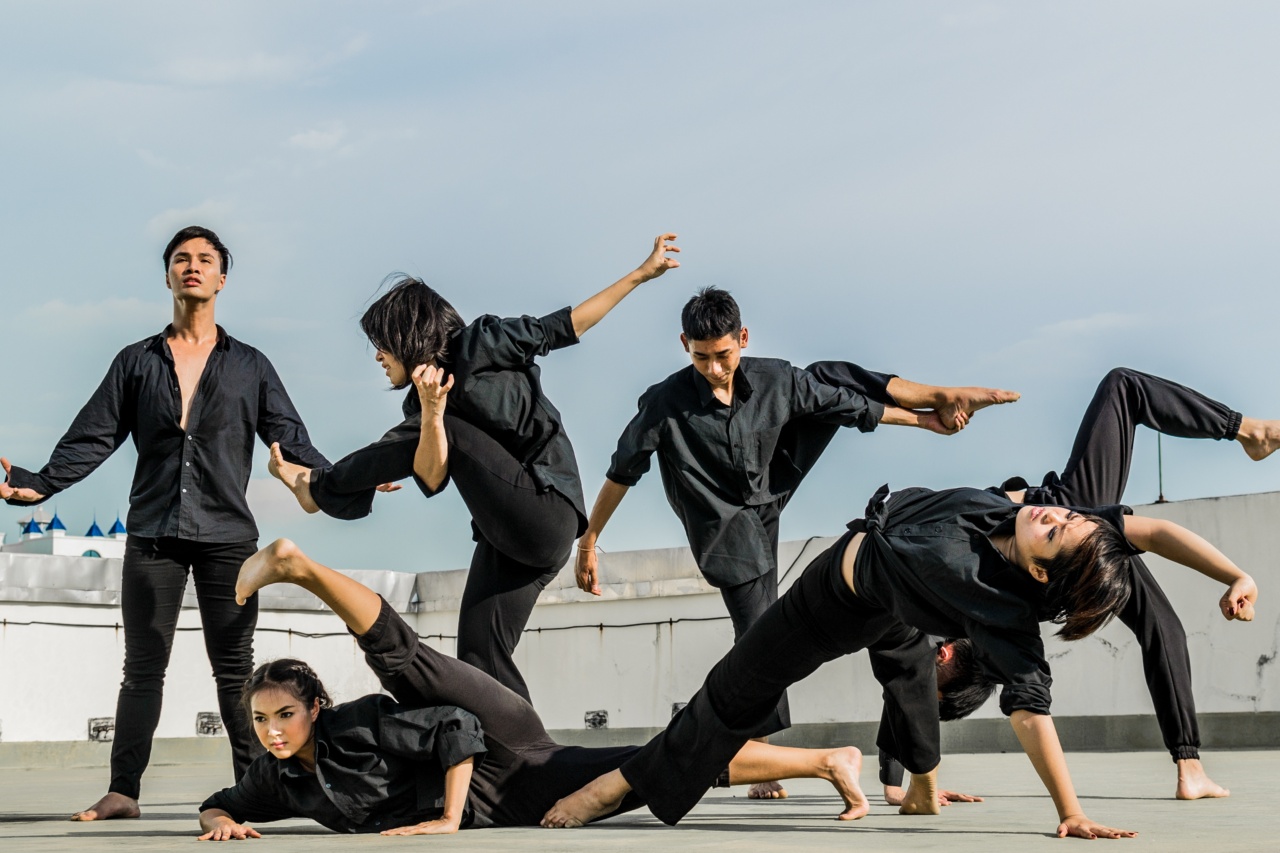Gymnastics is a sport that requires a high level of skill, strength, and flexibility. While it can be an incredibly rewarding discipline, it can also be challenging, especially for those who are just starting out.
One of the most important things that gymnasts can do to improve their performance is to avoid common mistakes that can hinder progress and cause injury. These mistakes can range from basic technical errors to more advanced errors in training and skill development. In this article, we will explore some of the most common mistakes that gymnasts make and offer tips on how to avoid them.
1. Lack Of Proper Warm-Up
A common mistake that gymnasts make is neglecting to perform a proper warm-up before training or competition. A good warm-up can help to increase blood flow, warm up the muscles, and prevent injury.
A typical warm-up should include light cardio exercises such as jogging or jumping jacks, followed by stretching exercises that target the major muscle groups used in gymnastics.
2. Insufficient Rest Time
Gymnasts often push themselves to train excessively, leading to insufficient rest time between practices. Overtraining can lead to injury and burnout.
It’s important to listen to your body and give it the rest that it needs to recover and be ready for the next practice. Rest days are just as important as training days.
3. Poor Technique
Another common mistake that gymnasts make is not focusing on their technique. Proper technique is essential for mastering gymnastics skills and preventing injury.
Coaches should pay close attention to their gymnasts’ technique and make adjustments as needed. It can be helpful to break down skills into smaller parts and practice each part individually to ensure proper technique is being utilized.
4. Lack Of Conditioning
Gymnastics is a physically demanding sport that requires a high level of strength and endurance. A common mistake that gymnasts make is neglecting their conditioning.
Conditioning exercises like strength training and calisthenics can help gymnasts build the strength and endurance they need to perform their skills with ease. It’s important to incorporate conditioning exercises into your training routine, whether you’re just starting out or you’re an experienced gymnast.
5. Over-Reliance on Spotting
Spotting is an important part of training in gymnastics, but over-reliance on spotting can hinder a gymnast’s progress. Gymnasts need to learn how to perform skills on their own without the assistance of a spotter.
Coaches can gradually reduce the amount of spotting provided and encourage gymnasts to perform skills independently.
6. Fear of Falling
Fear of falling can prevent gymnasts from attempting more challenging skills. This fear can be overcome by slowly and gradually introducing more difficult skills, starting with progressions and building up to the final skill.
Coaches can also provide positive reinforcement and encourage their gymnasts to take calculated risks while ensuring safety measures are in place.
7. Improper Equipment Usage
Using equipment improperly can cause accidents and injuries. Gymnasts should be taught how to use equipment safely and properly. They should also inspect the equipment, including mats and apparatus, before each use to ensure they are in good condition.
8. Failure to Warm-Down
Warming down after practice or competition can help to prevent muscle soreness and injury. A good warm-down should include light cardio exercises and stretching exercises that target the major muscles used in gymnastics.
Coaches should encourage gymnasts to take the time to warm down properly and make it a part of their routine.
9. Poor Nutrition
Gymnasts require a balanced diet to fuel their training and competition. A common mistake that gymnasts make is not paying attention to their nutrition.
Eating a diet that is high in protein and carbohydrates and low in fat can help to ensure that gymnasts are getting the nutrients they need to perform at their best. Drinking plenty of water is also important to stay hydrated.
10. Ignoring Pain
Ignoring pain can lead to injury and can hinder a gymnast’s progress. Coaches should educate their gymnasts on the importance of reporting any pain or discomfort they may be feeling.
It’s important to address the issue immediately and take the necessary steps to prevent it from getting worse.
Conclusion
Gymnastics is a challenging but rewarding sport that requires discipline, focus, and hard work. By avoiding these common mistakes, gymnasts can improve their performance, prevent injury, and achieve their goals.
Whether you’re a beginner or an experienced gymnast, it’s important to always focus on technique, listen to your body, and work with your coach to create a training plan that is safe and effective.






























